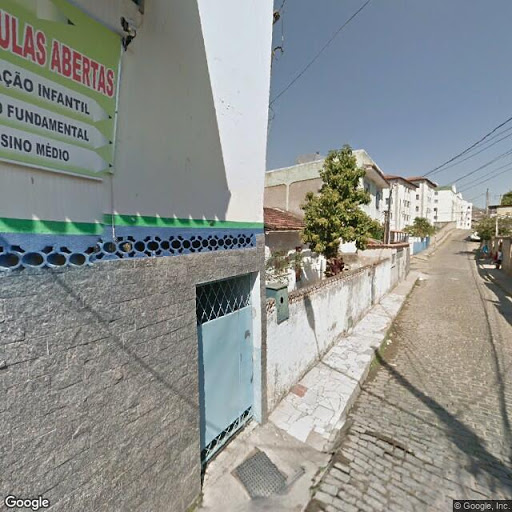RIO DE JANEIRO, BRAZIL – Founded 32 years ago, the Vila Isabel Teaching Center is located in the city of Três Rios, in the interior of Rio de Janeiro state near the border with Minas Gerais, and like other schools, it was forced to adapt to the online teaching model imposed by the novel coronavirus pandemic. Unlike other institutions, however, CEVI, as the school is known, saw that all these changes could produce positive effects for its students.

After many strategic planning meetings, the concept of converting CEVI into a fully digital school emerged, “Our children are natives of the digital age and for some reason, are still using a century-old teaching method. Everything around us has evolved technologically, but schools have become stagnant. We need to begin this transformation as soon as possible,” say teachers Hélida Siqueira and Josibeli Coutinho, the school’s founders.
The project’s goal is to introduce a fully digital world to the school environment and not to exclude it, as is the case in traditional schools, where the use of cell phones is banned in the classroom, “Pen, pencil, paper and rubber, we teach the digital natives just as their parents, grandparents and great-grandparents were taught. For today’s student, to learn from this methodology would be the same as betting on a cart race against a super-sports car these days, we must encourage our students to use these tools in their favor,” say the educators.
With technology, the attendance lists will be conducted through a QR Code, for instance. Parents will receive a real-time message stating whether or not their child is present in class, and all tests will be conducted using smartphones, through a platform developed exclusively for this purpose.
This way, all student learning will be available in an App with access to the most diverse formats, such as gamification. Known as PediGames, this is a student access area, where they will learn their contents by playing virtually. In addition to this, there will also be PediPlay, with usability similar to Netflix and PediCast, a podcast content.
Approximately R$300,000 (US$60,000) will be invested to expand the school’s infrastructure, where R$100,000 has already been spent for the year 2021. This investment has only been possible through a partnership between the Pedi Brasil startup and CEVI, turning classrooms into multimedia and all material 100% digital, including textbooks, libraries and activities. The partnership also aims to invest in the purchase of TVs, computers, datashow, teaching kits for each teacher, among other items.
All these adjustments are fully regulated, authorized by the MEC (Ministry of Education and Culture) and will come into effect in early 2021. For students who do not own a smartphone, the school is arranging partnerships with specialized stores where exclusive discounts may be available for students.

